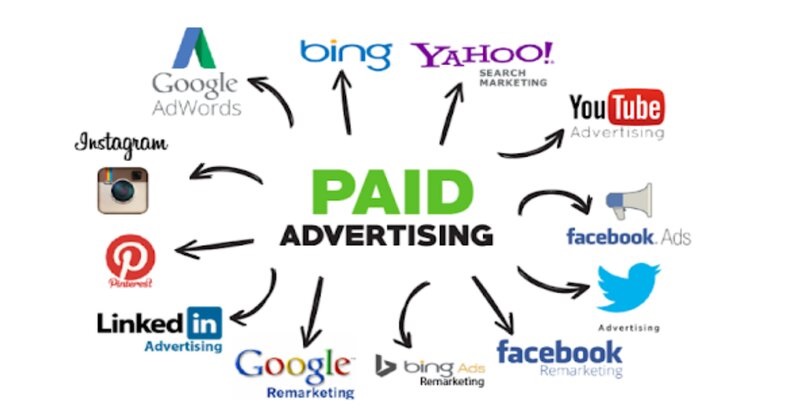In a world where the digital tide is ever-rising, small businesses need not just to stay afloat but to ride the waves of opportunity. Digital marketing is the surfer’s board, and with the right techniques, even the smallest businesses can catch the big breaks. Let’s embark on a journey into the realm of digital marketing, where strategies are the compass and success is the destination.
Finding Your Digital Voice
Imagine digital marketing as your business’s megaphone in a crowded marketplace. Before shouting your message, it’s crucial to find the right voice. Understand your brand – what makes it unique, its values, and what sets it apart from the competition. Your digital voice should resonate with your target audience, creating a connection that goes beyond mere transactions.
Ask Yourself:
- What story does my business tell?
- How can I express my brand personality in the digital space?
- What values do I want customers to associate with my business?
Social Media: The Town Square of the Digital Age
Picture social media as the bustling town square where people gather to share stories, opinions, and recommendations. For small businesses, it’s not just about being present; it’s about engaging authentically. Choose platforms where your audience spends their digital time, and use these spaces to build a community around your brand.
Tips for Social Success:
- Be consistent in posting but focus on quality over quantity.
- Respond promptly to comments and messages to show your audience they are heard.
- Use a mix of content – from informative posts to behind-the-scenes glimpses.
SEO: The Digital Map to Your Business
SEO is your business’s compass in the vast digital wilderness, guiding potential customers directly to your door. Optimize your website content with relevant keywords to ensure search engines recognize your business as a valuable resource. The higher you appear in search results, the more likely customers will find and choose you.
SEO Essentials:
- Research keywords relevant to your business.
- Optimize meta titles, descriptions, and content with these keywords.
- Ensure your website is mobile-friendly for a better user experience.
Email Marketing: The Digital Handwritten Letter
Think of email marketing as the modern equivalent of sending handwritten letters – a personalized way to connect with your audience. Collect email addresses from interested customers and use this channel to share promotions, updates, and valuable content. Craft compelling subject lines and content that make subscribers eagerly anticipate your emails.
Best Practices for Email Marketing:
- Segment your email lists for targeted campaigns.
- Use storytelling to make your emails more engaging.
- Include clear calls-to-action (CTAs) that guide recipients on the next steps.
Paid Advertising: The Billboard in the Digital Sky
Paid advertising is your business’s billboard in the digital sky, ensuring your message stands out amidst the vastness of the internet. Platforms like Google Ads and social media ads allow you to target specific demographics, maximizing the impact of your marketing budget. Experiment with different ad formats to find what resonates best with your audience.
Paid Advertising Tips:
- Define your advertising goals before launching campaigns.
- Monitor and analyze performance metrics to optimize your strategy.
- Test different ad creatives to understand what captures attention.
FAQs
Q: Can digital marketing work for a very small budget?
Absolutely! Many digital marketing tools and platforms offer cost-effective solutions. Focus on high-impact strategies like social media engagement, email marketing, and localized SEO to make the most of a limited budget.
Q: How long does it take to see results from digital marketing efforts?
Results vary, but it’s essential to approach digital marketing as a marathon, not a sprint. Building an online presence and seeing substantial returns often takes time. Consistency is key.
Q: Is social media necessary for every small business?
While not mandatory, social media can significantly benefit most businesses. It provides a platform to connect with customers, showcase products or services, and stay top-of-mind in a competitive market.
Q: Do I need a professional for SEO, or can I do it myself?
While some aspects of SEO can be handled by business owners, hiring a professional ensures a comprehensive and strategic approach. SEO professionals stay updated on industry trends and can make data-driven decisions.
Q: How often should I send emails for effective email marketing?
The frequency depends on your audience and the type of content you’re sharing. Aim for consistency without overwhelming your subscribers. Testing different frequencies and monitoring engagement metrics can help find the optimal schedule.
Embarking on the digital marketing journey for a small business is like setting sail on a vast ocean of opportunities. With the right strategies and a commitment to adapt, even the smallest business can navigate these waters and make waves in the digital landscape. As the saying goes, “It’s not the size of the ship, but the skill of the captain.”


